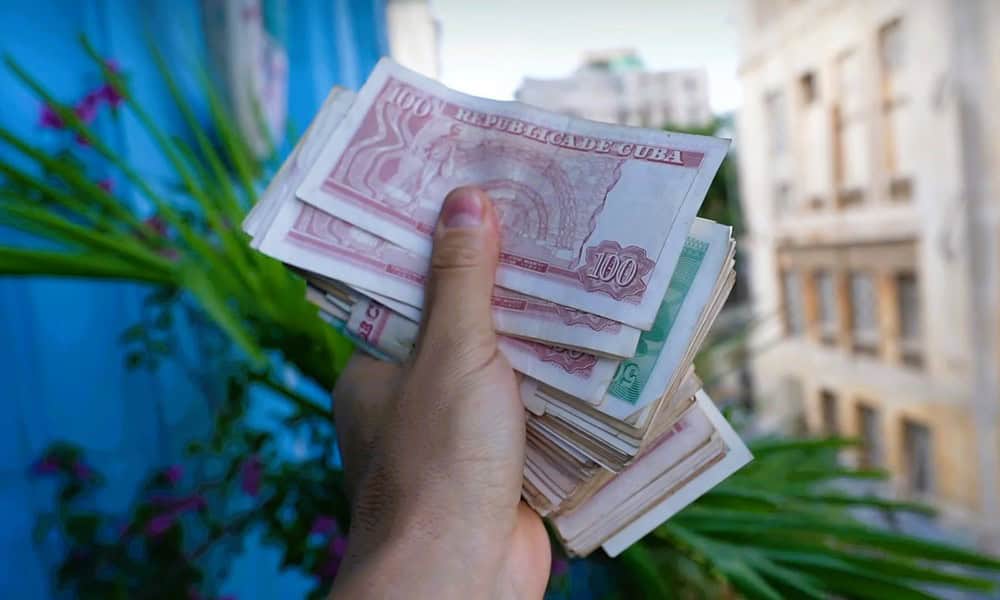Renowned Cuban Economist Criticizes Salaries and Pensions in Cuba
Pedro Monreal, a respected economist from Cuba, has made waves with his recent analysis on salaries and pensions in the country. Taking to Twitter, Monreal expressed his concern about the economic situation in Cuba, particularly with regards to the average income and pension earnings.
According to his analysis, the average salary in Cuba falls below the value of the Basket of Reference Goods and Services, indicating that the average income is not enough to cover basic family consumption needs. Monreal also criticized the way the government perceives salaries, arguing that it should be linked to the cost of basic consumer needs rather than just business “compliance” indicators.
He also highlighted the differences between a “fair” salary, a “minimum” salary, and a “decent” salary, emphasizing that what might be considered a fair salary from the perspective of a company may not reflect the cost of living. Even those who earn the highest wages in Cuba, which Monreal referred to as the “working elite,” have salaries that barely cover the cost of basic consumption, suggesting that many who depend on a state salary in Cuba are considered poor.
Monreal went on to describe pensions in Cuba as “misery” pensions, arguing that they do not allow basic material needs to be met in a stable manner. The minimum wage in Cuba is 2,100 pesos per month, while pensioners earn between 1,528 pesos and 1,733. Doctors, resident doctors, teachers, athletes, and professionals in the science, technology, and innovation sector all have varying monthly salaries that may not adequately cover their basic needs.
With most goods and services in dollars, the government sells the USD at an official exchange rate close to 124 CUP, but on the black market, the figure exceeds 260 CUP. This has further exacerbated the economic challenges faced by the people in Cuba, as the cost of living continues to rise.
Pedro Monreal’s analysis has sparked a vital debate about the economic inequalities and struggles faced by many in Cuba, shedding light on the urgent need for reform in the country’s salary and pension systems.
